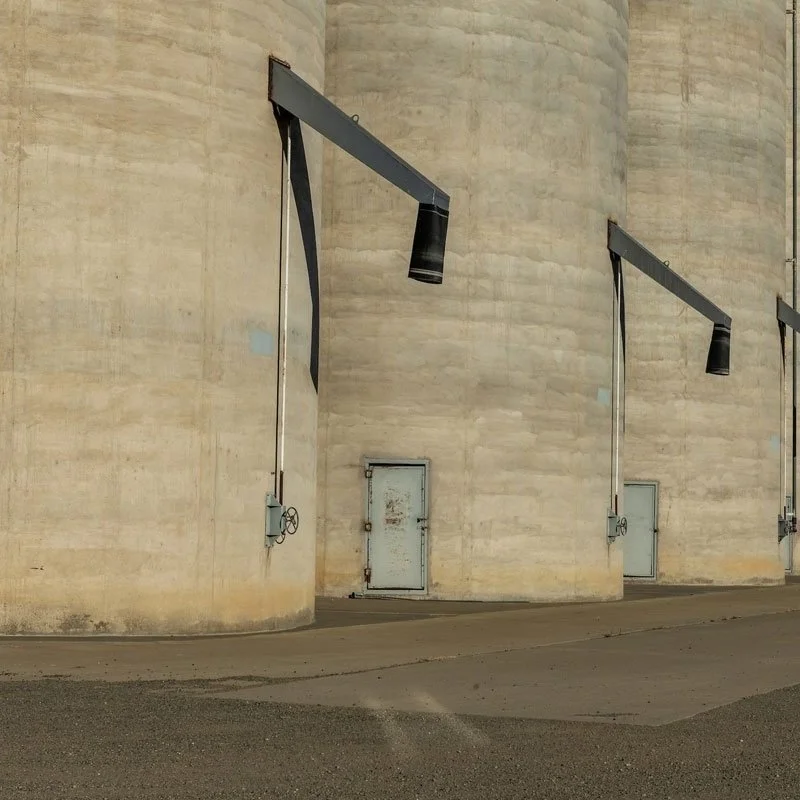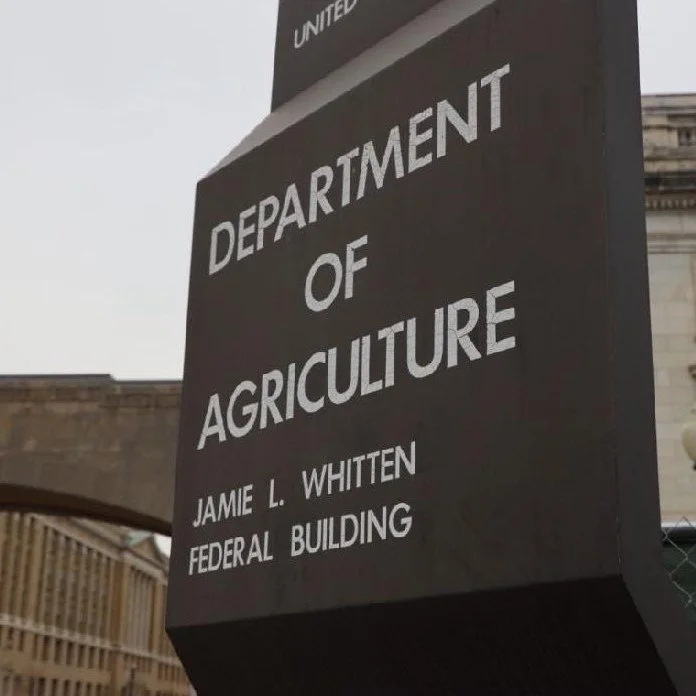This newsletter contains the latest agricultural policy happenings from the recent quarter.
Read MoreAs a rice farmer from California, it was a privilege to tour in one of the most dynamic and innovative rice-producing regions in the world, exploring the rice industries in Texas and Louisiana to see how our partners in the south approach rice farming, milling and trade. It gave me valuable insights into the similarities, differences, and challenges we all face in this industry.
Read MoreThe U.S. Department of Agriculture (USDA) reminds agricultural producers that the final date to apply for or make changes to their existing crop insurance coverage is quickly approaching for summer planted crops, annual forage and forage seeding. Sales closing dates vary by crop and location, but the next major sales closing dates are May 1, July 15, and July 31.
Read MoreWe are pleased to announce that our 2025 Annual Meeting will be held at the Sheraton New Orleans Hotel. Please register NOW to attend the meeting and hear diverse topics pertaining to all aspects of row crop production. Our schedule of fascinating speakers will inform you with their knowledge and experience. Don’t miss out on this incredible opportunity to be enlightened!
Read MoreLouisiana Commissioner of Agriculture Mike Strain sat down with columnists Faimon Roberts and Stephanie Grace recently to talk about farmers, tariffs, the economy and other topics affecting the industry today. This conversation has been edited for length and clarity.
Read MoreSome good news for those of you planning a Good Friday or Easter crawfish boil: prices are staying relatively low.
"You can find crawfish under $3 a pound right now," Louisiana Agriculture Commissioner Mike Strain told WWL's Tommy Tucker, adding that he's seen prices as low as $2.95 per pound.
Read More
The Louisiana Coastal Restoration and Protection Authority voted Wednesday to fully fund its nearly $2 billion spending plan for next fiscal year, despite more than a quarter of that money being tied up in a project that might never happen.
Gov. Jeff Landry ordered a 90-day pause last week on the nearly $3 billion Mid-Barataria Sediment Diversion project, which would direct water and land-building alluvium from the Mississippi River into Barataria Bay. The governor has urged a decrease in the size and scope of the plan because of its expense and potential to adversely affect oyster beds and coastal fisheries
Read MoreRepublican U.S. Rep. Julia Letlow, Louisiana's only woman in Congress whose influence continues to grow in Washington, has opened a district office back home in the state's capital city to reflect the new boundaries that frame her 5th Congressional District.
Read MoreBayer says the future of Roundup is in question amid ongoing lawsuits and litigation.
Bayer has paid about $10 billion in Roundup settlements in the last decade. Jess Christiansen, head of crop science communications for Bayer, tells Brownfield claims that Roundup causes cancer are not backed by science.
Read MoreRice farmers who adopt irrigation techniques, like alternate wetting and drying (AWD) and furrow irrigation (FIR) have a promising avenue for increased profitability. These practices, promoted through initiatives by AgriCapture, provide a dual benefit.
Farmers can monetize their agricultural data, which verifies carbon credit generation while simultaneously producing a more sustainable rice crop.
Read MoreUSDA is planning to severely slash its county Service Center offices around the country that house local staff for the Farm Service Agency and the Natural Resources Conservation Service, potentially consolidating county staff into state committees, according to a report published Tuesday.
Read MoreThe Breaux Bridge Crawfish Festival is just weeks away, and preparations for the highly anticipated event are well underway. As the heart of festival season unfolds in Louisiana, the city of Breaux Bridge is preparing to welcome thousands for its annual celebration of culture, music, and crawfish.
Read MoreThe Farmers Freedom Act of 2025 would provide a permanent definition of prior converted cropland (PCC) under the Clean Water Act. The U.S. Environmental Protection Agency (EPA) has used this authority to issue Waters of the United States (WOTUS) rulemakings, which regulates navigable waterways in the United States.
For the last several decades, wetlands converted to cropland before 1985 have remained exempt from WOTUS regulation. Under the Biden administration ruling, previously-converted cropland could revert to a wetland status if it becomes unavailable for commodity production due to circumstances like flooding.
Read MoreThe Ouachita River is continuing to rise and could be up to 45 feet by Wednesday, April 23, which is five feet above the flood stage according to the National Weather Service.
“The partners of Ouachita Parish are doing everything we can for weeks now to try and get ahead of this, and we’re going to continue to do everything we can to protect the citizens,” said Office of Homeland Security and Emergency Preparedness in Ouachita Parish Director Rodger McConnell.
Read MoreCongressman Clay Higgins (R-LA) and Congressman Troy A. Carter, Sr. (D-LA) introduced H.R. 2715, the Destruction of Hazardous Imports Act, which grants the Food and Drug Administration (FDA) authority to destroy imported products that pose a significant public health concern.
This legislation would ensure that contaminated seafood imports don’t reach American consumers and cause harm. The bill grants the FDA additional authority to destroy food products that don’t pass initial inspection, which prevents importers from port shopping their products.
Read More














